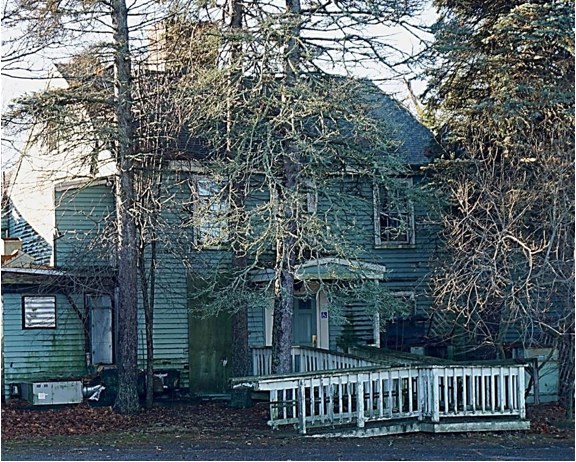SWAMPSCOTT — The Historical Commission was given an extra five months to save Revolutionary War Gen. John Glover’s home from the wrecking ball.
The Glover House, which is located on a roughly 4-acre lot near the borders of Marblehead and Salem, was initially slated for demolition in January. A developer, Leggat McCall Properties, plans to build a 4-acre housing development, including two buildings with 96 rental units in Swampscott and one with 44 rental units in Marblehead.
In April, the Historical Commission enacted a nine-month delay on the house’s demolition, buying the entity time to dismantle and store the house or move it to another location.
While the Historical Commission hosted informational meetings and planned fundraising events to try to pay for the Glover House’s preservation, Chair Nancy Schultz said that until Leggat McCall informed the town last Monday that it would delay demolition until the summer, the commission planned to dismantle the home and store it in pieces. Now, she said the extra time will allow the commission to explore other preservation options.
“Our demolition delay expires on Jan. 20, and we were alarmed at the closeness of that deadline… Many of us were thinking that (dismantling and storing the house) was perhaps our only option. I think, now that we have a little more time, we can again pursue conversations about moving the house intact if we can get a site nearby,” Schultz said.
In an attempt to gain public support and funding for the house’s preservation, the commission recently launched a website where people can learn about the Revolutionary War general’s historic regiment and donate to the preservation effort.
Schultz said Glover’s Regiment ferried George Washington’s army across the Delaware River on Christmas Day, 1776, and led the Marblehead Militia in the Battle of Brooklyn, rescuing Washington’s army from defeat. Schultz said his regiment, which mainly comprised Marblehead fishermen, was diverse for its time, including Black, Jewish, Native American, and Portuguese sailors turned soldiers.
“They (regiment members) were used to being at sea, and everybody at sea served together. They knew their survival depended on each other. So it’s a perfect model for how a diverse society can work,” Schultz said.
In an interview last Monday, Town Administrator Sean Fitzgerald thanked Leggat McCall for its decision to delay construction, adding that the diversity and historical significance of Glover and his regiment should be preserved at all costs.
“They were among the most indispensable and heroic patriots that helped us become this great nation. We want to use this opportunity to preserve those bricks and mortar pieces of that building to celebrate their legacy,” Fitzgerald said. “We want to direct folks to the website, and we really want to encourage folks to support some of the efforts to preserve elements of this building.”

